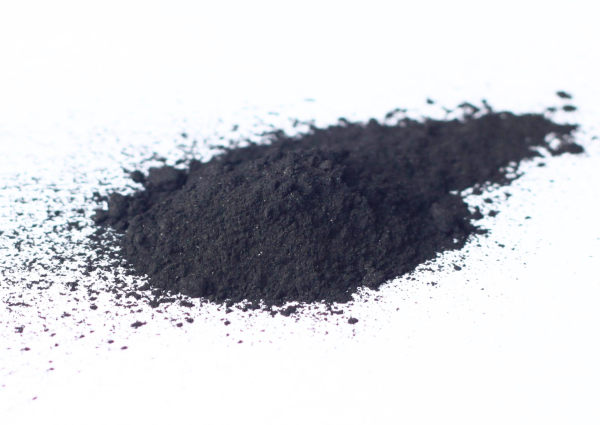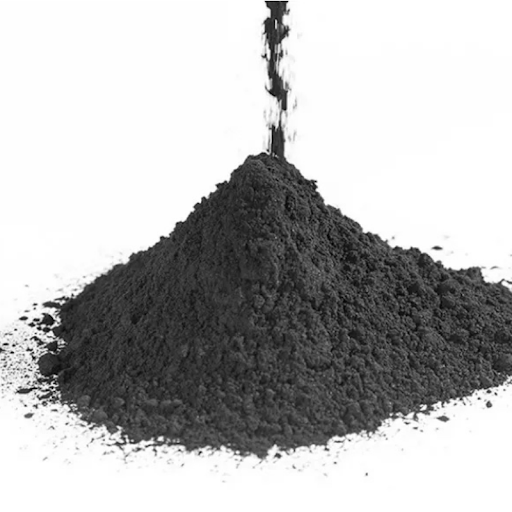Powdered activated carbon is widely used in water treatment, air purification, and waste gas treatment due to its excellent adsorption properties. As environmental protection requirements increase, the demand for powdered activated carbon continues to grow. For many companies, understanding the price of powdered activated carbon and the factors that influence it is crucial for making purchasing decisions. So, what determines the price of powdered activated carbon? What factors affect its price? This article will analyze the main factors influencing the price of powdered activated carbon and explore potential market trends.

Powdered activated carbon is a fine-particle form of activated carbon with a large surface area, capable of rapidly and effectively adsorbing harmful substances from gases and liquids. Due to its unique physical and chemical properties, powdered activated carbon is widely used in various fields:
Water Treatment: In water treatment processes, powdered activated carbon can effectively remove harmful substances such as chlorine, volatile organic compounds (VOCs), and heavy metals, improving water quality.
Air Purification: Powdered activated carbon is commonly used in waste gas treatment, particularly in removing toxic gases and odors from industrial emissions.
Food and Beverage: In the food industry, powdered activated carbon is used for decolorization and deodorization, especially in the treatment of drinking water, juice processing, and sugar refinement.
Chemicals and Pharmaceuticals: In the chemical and pharmaceutical industries, powdered activated carbon is used for adsorption and purification, helping to improve the quality and purity of products.
Several factors influence the price of powdered activated carbon, including the following:
Type and Quality of Raw Materials: The raw materials used for producing powdered activated carbon typically include coconut shells, wood, and coal. The cost of different raw materials varies, and this affects the final price of the product. Coconut shell-based activated carbon is generally more expensive, but it offers stronger adsorption properties, making it suitable for applications that require high-performance materials.
Production Process and Technology: The production process can impact both the quality and cost of powdered activated carbon. Advanced activation technologies can improve the product’s adsorption capacity and lifespan, but they may also result in higher production costs.
Market Demand and Supply: The price of powdered activated carbon is directly influenced by market demand and supply. As environmental regulations become more stringent and industries that require efficient adsorption materials continue to grow, the demand for powdered activated carbon may increase, pushing prices upward.
Transportation and Logistics Costs: As a bulk commodity, the transportation costs of powdered activated carbon can affect the final price, especially when the product needs to be shipped over long distances or internationally.
Order Volume and Customization: Bulk orders and long-term partnerships often result in more competitive pricing. Additionally, if customers require specific customizations (e.g., particle size, adsorption capacity), this may influence the final price.

The market price of powdered activated carbon fluctuates based on changes in raw material costs, production processes, and market demand. In recent years, with the growing emphasis on environmental protection, particularly in the areas of water treatment and air purification, the demand for powdered activated carbon has increased. As a result, the price of powdered activated carbon may experience upward trends during periods of high demand.
While price fluctuations are inevitable, with advancements in production technology and stable raw material supply, the price of powdered activated carbon is expected to stabilize over time. New production techniques and materials could lead to changes in the price structure, and some manufacturers might offer more price-competitive products through technological innovation and economies of scale.
Hebei Huahuang Activated Carbon Co., Ltd. is a modern enterprise specializing in the research, development, production, and sale of activated carbon. With an annual production capacity of 19,000 tons, the company produces powdered activated carbon, granular activated carbon, and columnar activated carbon, which are widely used in water treatment, waste gas treatment, food processing, and chemical industries.
The company ensures product stability and high efficiency by leveraging years of technical experience and state-of-the-art production processes. Hebei Huahuang Activated Carbon Co., Ltd. not only offers standardized products but also provides customized solutions to meet the specific needs of various applications. Whether it’s custom particle size, adsorption capacity, or other special requirements, the company can tailor solutions to fit customer needs.
As environmental regulations continue to tighten, the demand for powdered activated carbon is expected to keep growing, especially in water treatment, air purification, and waste gas treatment sectors. With continuous improvements in production processes and technologies, the quality of powdered activated carbon may improve further, while prices may experience fluctuations.
Environmental Policies Driving Growth: The strengthening of environmental regulations worldwide and the growing demand for environmental protection solutions will continue to drive the market for powdered activated carbon.
Technological Advancements: The development of new materials and technologies may lead to cost reductions in production and improvements in product performance, which could impact market prices.
Global Demand Fluctuations: With varying demand in different regions, global market dynamics may lead to supply and demand fluctuations, influencing the price trajectory of powdered activated carbon.
Powdered activated carbon, as a vital adsorption material, is influenced by multiple factors, including raw material costs, production processes, and market demand. Understanding these factors helps companies make informed decisions when purchasing powdered activated carbon. As environmental protection demands continue to grow, the market for powdered activated carbon holds significant potential, though prices may fluctuate with market conditions.
For businesses considering purchasing powdered activated carbon, staying informed about market trends and evaluating product quality from suppliers can help ensure the best purchasing decisions in a competitive market.
None of our operators are available at the moment. Please, try again later.